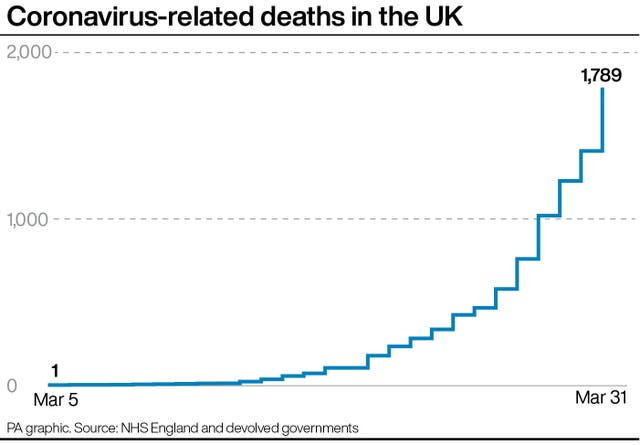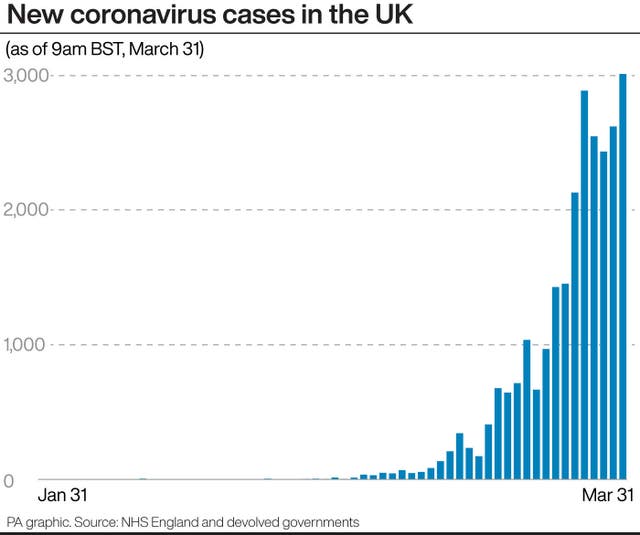
Researchers across the world are racing to create a vaccine and treatment for coronavirus.
But some are further along the process than others, with some scientists trialling existing drugs that are used to treat other conditions.
And some institutions have started – or are close to starting – vaccine trials on humans, with many seeing an effective vaccine as the only exit strategy from the outbreak.
The European Medicines Agency (EMA), which licenses medication in the European Union, says that while there are a number of developments under way, no medicine has yet demonstrated efficacy in treating Covid-19.

It says some of the potential treatments for the virus that are undergoing clinical trials to assess their safety and efficacy are:
– Remdesivir, which is in development as an anti-Ebola virus treatment
– lopinavir/ritonavir, which is currently authorised as an anti-HIV medicine
– chloroquine and hydroxychloroquine, which are currently authorised at national level as treatments against malaria and certain autoimmune diseases such as rheumatoid arthritis
– systemic interferons and in particular interferon beta, currently authorised to treat diseases such as multiple sclerosis
The EMA has also had discussions with developers of 12 potential Covid-19 vaccines.

It says two vaccines have already entered phase I clinical trials, which are the first trials needed and are carried out in healthy volunteers.
The agency sets out that based on the information currently available and past experience with vaccine development timeframes, it estimates that it might take at least one year before a vaccine against Covid-19 is ready for approval and available in sufficient quantities to enable widespread use.
The Coalition for Epidemic Preparedness Innovations (CEPI) has already deployed up to 29.2 million US dollars in the search for a vaccine.
This includes three programmes with its existing partners, Inovio, the University of Queensland, and CureVac, and a new partnership with Moderna Inc which has already started trial in humans.
Four programmes with Novavax and the University of Oxford, a consortium led by Institut Pasteur and including Themis Bioscience, and the University of Pittsburgh, and The University of Hong Kong have also received funding.
The University of Cambridge researchers are also working on a potential vaccine, as are many other institutions across the world.


Comments: Our rules
We want our comments to be a lively and valuable part of our community - a place where readers can debate and engage with the most important local issues. The ability to comment on our stories is a privilege, not a right, however, and that privilege may be withdrawn if it is abused or misused.
Please report any comments that break our rules.
Read the rules here